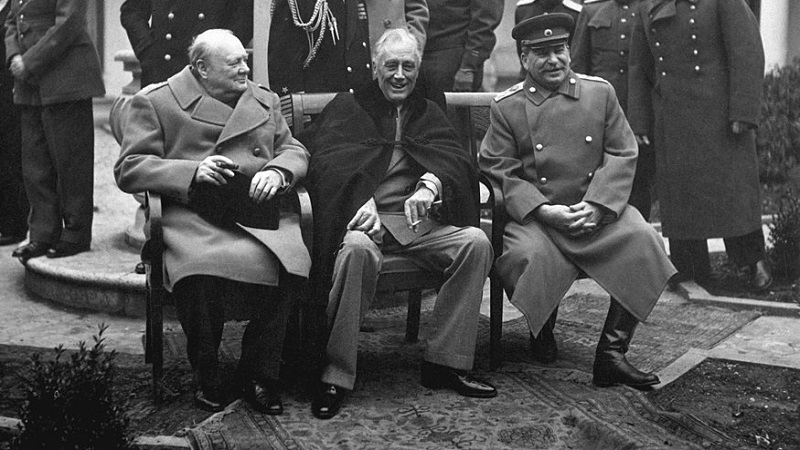With Presidents Day in mind, many people have something in common with our past leaders of the free world: They smoke and have experienced problems with their sinuses as a result.
Among U.S. presidents who smoked, John F. Kennedy, Jr., was a smoker who suffered from acute sinusitis, which he treated successfully with antibiotics, according to the Janet G. Travell Oral History Interview from 1966.
President Franklin Delano Roosevelt was a heavy smoker, according to The New York Times. His physician in the White House, Ross McIntire, was an ear, nose and throat specialist who reportedly voiced concerns about the president's sinus problems, reported the University of Arizona.
Roosevelt received treatment almost nightly for sinus conditions that "plagued him greatly," according to the Franklin D. Roosevelt Presidential Library and Museum.
Kennedy and Roosevelt are far from the only presidents who smoked or in some way used tobacco. Well more than half of all U.S. president smoked or chewed and enjoyed other vices as well. Among them, James Madison, Andrew Jackson, Zachary Taylor and Ulysses S. Grant smoked cigars, according to Cigar Aficionado. More recently, President Barack Obama reportedly smoked eight to ten cigarettes a day while he was in office, according to his Memoir, "A Promised Land."
Cigarette smoke has long been suspected of playing a significant role in diseases of the upper airways, including chronic rhinosinusitis.
Smoking opens the back of the nasal passages and, when inflammation is present from a bacterial infection or significant allergies, can cause chemical rhinitis. Inhaling fumes or cigarette smoke also can inflame the eustachian tube, which can lead to increased pressure between the ears and fluid buildup in the middle ear.
At least one study, published by the American Journal of Otolaryngology, concluded that balloon sinuplasty appears to be a safe and effective treatment of chronic rhinosinusitis with positive long-term outcomes.
If you're interested in evaluating your symptoms and are considering seeing a doctor. take this Sinus Self-Assessment Quiz.

